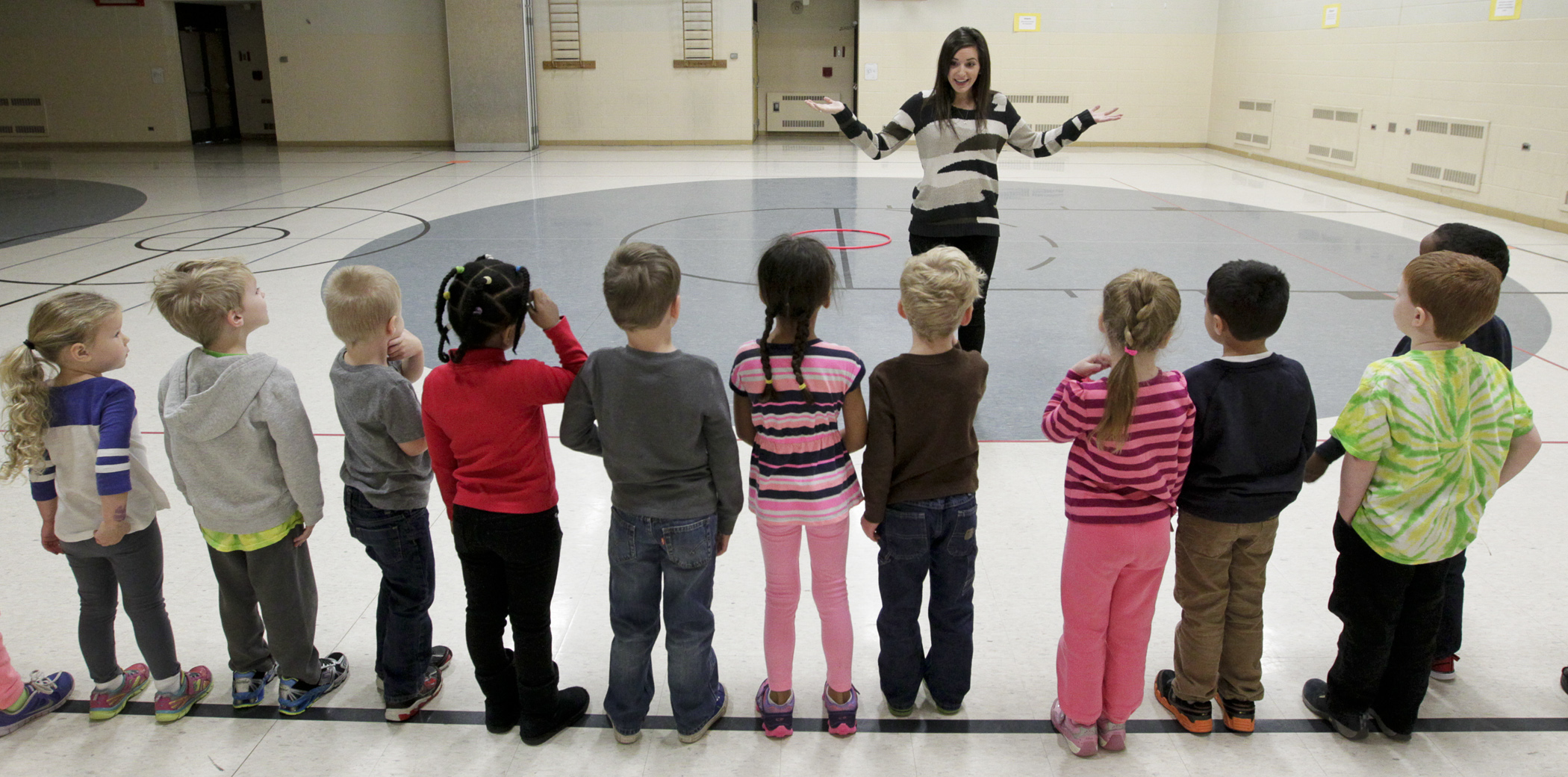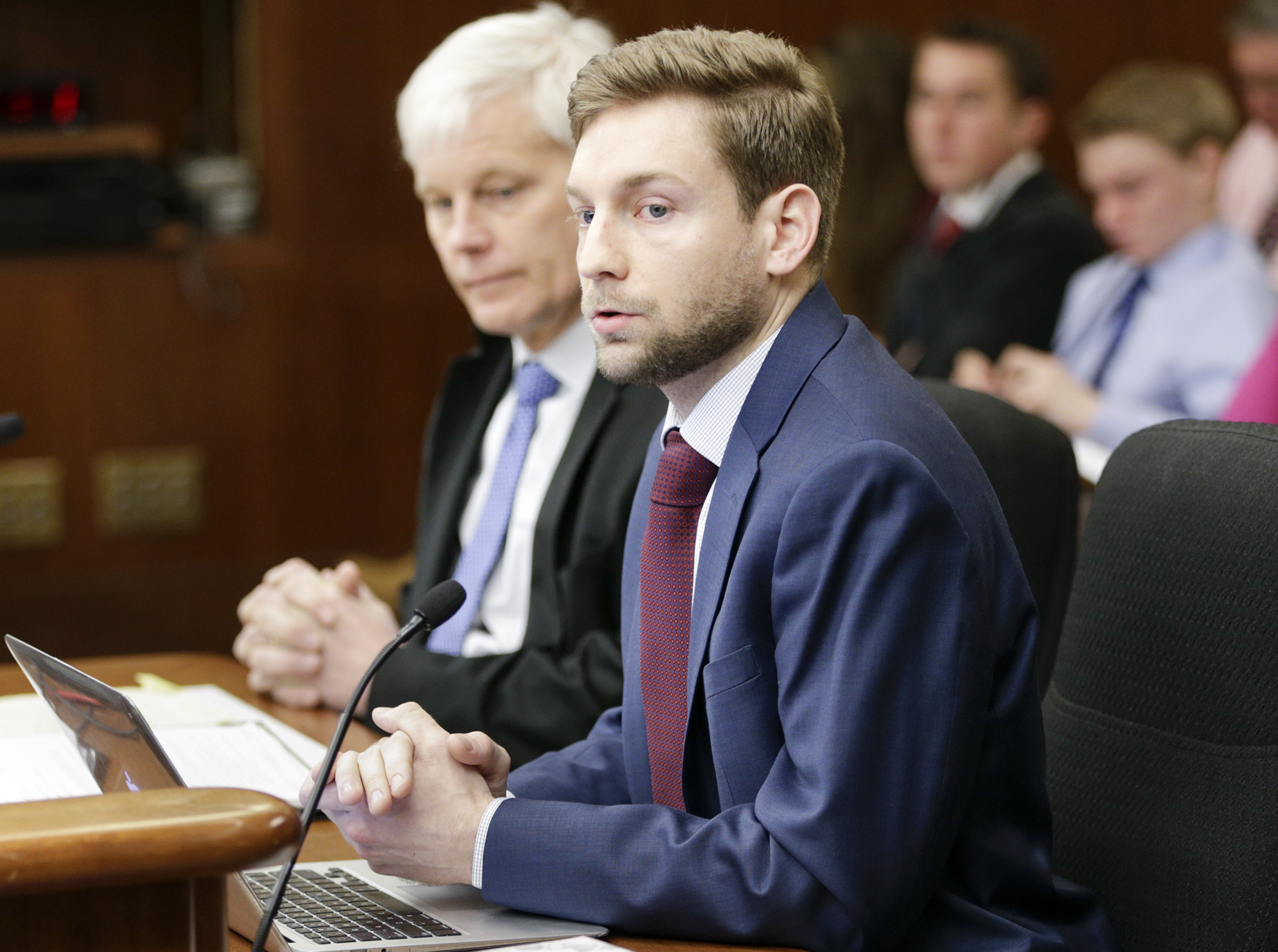‘Culturally competent’ teachers could combat special ed disparity, some lawmakers say

Are too many students being diagnosed with emotional behavior disorders and ending up in special education?
EBD characteristics can include hyper-activity, social withdrawal and arguing with authority. Rep. Paul Thissen (DFL-Mpls) said only 40 percent of EBD-diagnosed students in Minnesota graduate from high school. Meanwhile, minority students are four times more likely to be diagnosed than their white peers.
“We have this disparity among ethnic groups who are being referred to special education,” he told the House Education Innovation Policy Committee Tuesday. “We really haven’t made much progress, and that’s concerning to me.”
He sponsors HF341 that would amend education statutes to require teachers, classroom instructions, individualized education programs, policies and rules to be “culturally competent” in order to interact effectively with students of different cultures, languages and economic backgrounds. It would also require teachers to provide at least two alternate instruction strategies during regular classroom teaching before a special education evaluation could be administered.
 John Pauley, a third-year law student at the University of St. Thomas speaks to the House Education Innovation Policy Committee Feb. 14 in favor of HF341. Photo by Paul Battaglia
John Pauley, a third-year law student at the University of St. Thomas speaks to the House Education Innovation Policy Committee Feb. 14 in favor of HF341. Photo by Paul BattagliaA ripple effect in other statutes would require teaching licensure candidates to pass culturally competent reading instruction exams.
“This is not a silver bullet,” Thissen said. “It’s the start to a conversation we need to have.”
The committee laid the bill over for possible omnibus bill inclusion. It has no Senate companion.
Thissen argued that once enrolled into special education, students often face an uphill academic battle as opposed to their peers. “When we label kids, we are really condemning them to academic failure in many ways.”
“There’s a stigma attached, therefore, a self-fulfilling prophecy arises,” said John Pauley, a University of St. Thomas School of Law graduate student. “Resources could be used much more efficiently if dedicated to those properly diagnosed.”
Legislators took issue with the ease at which they believe districts liberally label students into special education programs through the EBD diagnosis.
“I’m a little disturbed by what I think is common practice,” said Rep. Carlos Mariani (DFL-St. Paul). “It seems we’ve really scratched the surface of something here. It’s quite disturbing to me.”
Rep. Sondra Erickson (R-Princeton), a former teacher who chairs the committee, came to the defense of the profession and current policies. “Teachers make thousands of decisions a day; everything in a classroom is based on decisions we make. I do believe we have a process in place. I honor that process, and I really believe we do our best.”
Thissen said another possible solution would be to require districts to provide more information for parents regarding special education placement procedures prior to enrolling students.
“This is a sledgehammer approach to a rather nuanced problem,” he said. “There’s more work that needs to be done.”
Related Articles
Search Session Daily
Advanced Search OptionsPriority Dailies
Ways and Means Committee OKs proposed $512 million supplemental budget on party-line vote
By Mike Cook Meeting more needs or fiscal irresponsibility is one way to sum up the differences among the two parties on a supplemental spending package a year after a $72 billion state budg...
Meeting more needs or fiscal irresponsibility is one way to sum up the differences among the two parties on a supplemental spending package a year after a $72 billion state budg...
Minnesota’s projected budget surplus balloons to $3.7 billion, but fiscal pressure still looms
By Rob Hubbard Just as Minnesota has experienced a warmer winter than usual, so has the state’s budget outlook warmed over the past few months.
On Thursday, Minnesota Management and Budget...
Just as Minnesota has experienced a warmer winter than usual, so has the state’s budget outlook warmed over the past few months.
On Thursday, Minnesota Management and Budget...